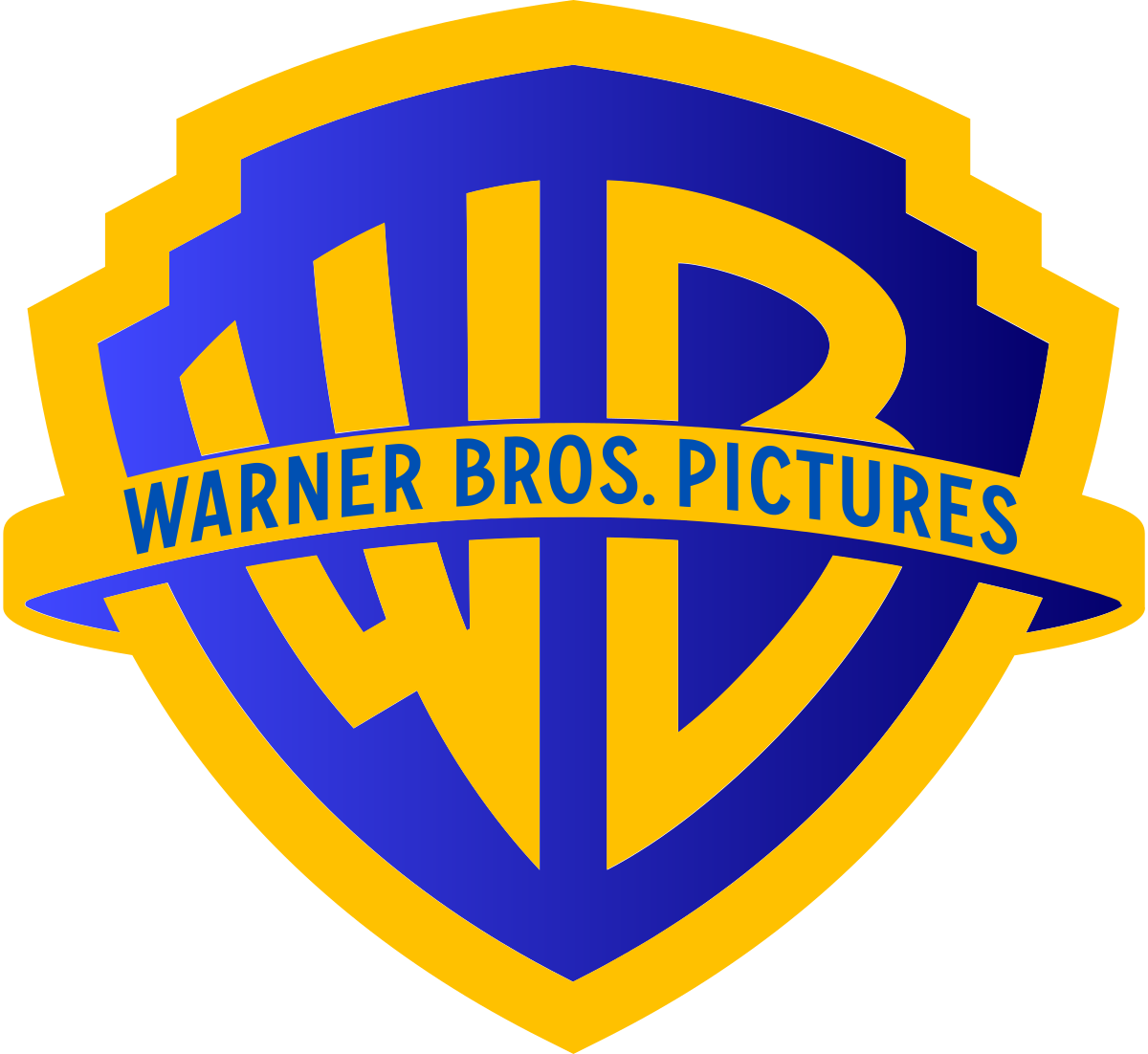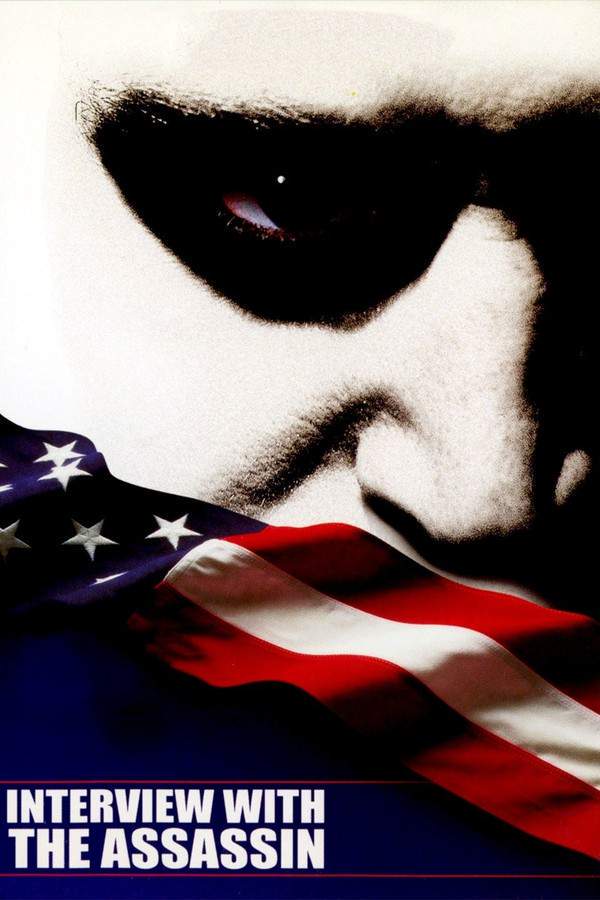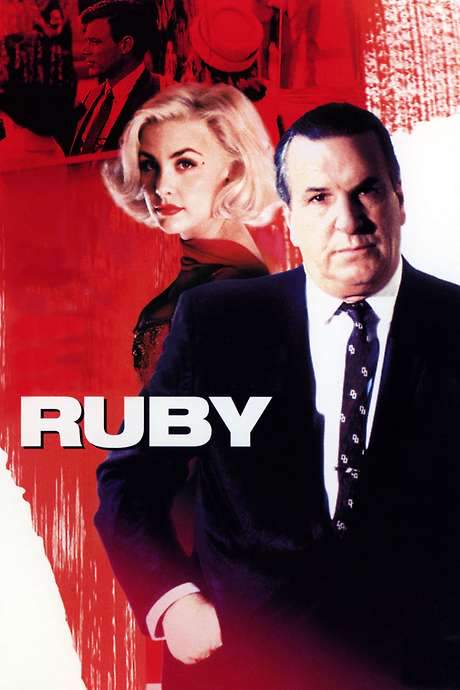
JFK 1991
Directed by

Oliver Stone
Made by

Warner Bros. Pictures
Test your knowledge of JFK with our quiz!
JFK Plot Summary
Read the complete plot summary and ending explained for JFK (1991). From turning points to emotional moments, uncover what really happened and why it matters.
The film begins with a gripping narration by an uncredited Martin Sheen, presenting newsreel footage that encapsulates the pivotal farewell address of outgoing President Dwight D. Eisenhower from 1961, where he cautioned against the increasing power of the “military-industrial complex”. Following this, the narrative delves into John F. Kennedy’s presidency, shedding light on the series of events that, according to Stone’s thesis, would ultimately culminate in his tragic assassination. This narrative thread climaxes with a meticulous reconstruction of the horrific assassination that transpired on November 22, 1963.
At the center of the investigation is New Orleans District Attorney Jim Garrison, portrayed by Kevin Costner, who uncovers potential connections to the assassination within New Orleans. Garrison and his investigative team focus their scrutiny on private pilot David Ferrie, played by Joe Pesci. However, they are soon compelled to release him when their inquiry is publicly criticized by federal authorities. Complicating matters, the presumed assassin Lee Harvey Oswald, portrayed by Gary Oldman, is killed by Jack Ruby two days following the assassination, leading Garrison to temporarily close the case.
Fast forward three years later to late 1966, Garrison revisits the investigation after reading the Warren Commission Report, which he believes is riddled with significant inaccuracies and contradictions. With renewed determination, Garrison and his team begin to interrogate several witnesses connected to the assassination, delving deeper into the lives of individuals involved with Oswald, Ruby, and Ferrie. Among the revelations, Russell B. Long, played by Walter Matthau, a Democrat senator, privately enlightens Garrison about the FBI’s probes into Oswald, indicating it would have been nearly impossible for him to execute three shots with the precision that resulted in Kennedy’s death.
The investigation takes several twists as Garrison questions Jack Martin, a former private investigator portrayed by Jack Lemmon, who recounts a disturbing encounter with Guy Banister, before his unexpected demise due to a reported “heart attack”. Martin reveals that Oswald had connections with Banister during his brief time in New Orleans and implies that Oswald and Ferrie were entangled in covert operations with Cuban anti-communist groups.
Garrison also meets Dean Andrews Jr., a quirky lawyer played by John Candy, who claims that he received a phone call from a client known as “Clay Bertrand” the day after Kennedy was assassinated, indicating a request to represent Oswald. Furthermore, Garrison interviews Willie O’Keefe, a male prostitute portrayed by Kevin Bacon, who discloses he witnessed Ferrie discussing the assassination with Oswald and a group of Latin men. O’Keefe has a romantic history with Clay Shaw, played by Tommy Lee Jones, a wealthy businessman in New Orleans. Despite Garrison’s inquiries into Shaw, he staunchly denies any involvement with Ferrie, Oswald, or O’Keefe and soon finds himself charged with conspiracy to murder the President.
As the investigation unfolds, Jean Hill, characterized by Ellen McElduff, emerges with claims of hearing shots fired from the grassy knoll, suggesting the alterations made to her testimony by the Warren Commission raise red flags about the official narrative. Garrison, alongside his colleague Lou Ivon, performs a crucial test at the Texas School Book Depository, concluding that Oswald’s marksmanship was insufficient to execute the shots, pointing towards the implication of one or more additional shooters.
In a compelling twist, a Dallas prostitute named Rose Cheramie, portrayed by Sally Kirkland, claims to have been assaulted by Jack Ruby’s bodyguards and warns Garrison that the Mafia has plans to eliminate President Kennedy. The film makes an intriguing turn when Garrison encounters a mysterious informant, known as “X”, played by Donald Sutherland, who reveals the existence of a high-level conspiracy involving various factions within the government, the CIA, and other influential parties that perceived Kennedy’s foreign policy as a threat to their interests.
As the pressure mounts, Garrison’s marriage to Liz, played by Sissy Spacek, deteriorates under the strain of his obsessive pursuit of the truth. Critics in the media challenge his motives, while key witnesses face intimidation, some even meeting sinister fates. With his own life in jeopardy, Garrison remains undeterred, fueled by a desire for justice.
The gripping climax unfolds with the trial of Clay Shaw, from January to March 1969, where Garrison presents compelling evidence of multiple shooters, attempting to dismantle the single-bullet theory posited by the Warren Commission. In a heart-wrenching closing statement, Garrison appeals to the jury, ensuring that his son’s generation does not remain in the dark about the findings of the Commission. Despite the agonizing efforts to unveil the truth, the jury ultimately acquits Shaw on all charges, emphasizing their belief in a hidden conspiracy, yet lacking sufficient evidence to convict.
The film concludes with Garrison’s vow to continue his pursuit of the concealed truths surrounding the assassination, as he and Liz exit the courthouse hand in hand. In an epilogue, viewers learn that Shaw succumbed to lung cancer in 1974, while revelations about his ties to the CIA emerged nearly five years later. The end credits foreshadow that critical records related to Kennedy’s assassination will be made public in 2029, leaving a lingering sense of intrigue and unresolved questions in the pursuit of justice.
JFK Timeline
Follow the complete movie timeline of JFK (1991) with every major event in chronological order. Great for understanding complex plots and story progression.
Eisenhower's Farewell Address
The film opens with a haunting narration by Martin Sheen, showcasing newsreel footage of President Dwight D. Eisenhower's farewell address from 1961. Eisenhower cautioned against the increasing influence of the 'military-industrial complex', setting a thematic tone for the political intrigues that follow.
John F. Kennedy's Presidency
The narrative transitions to John F. Kennedy's presidency, detailing the key events that ultimately led to his tragic assassination. These events, as explored by the filmmakers, reveal the political turmoil and societal tensions of the early 1960s.
Kennedy's Assassination
On November 22, 1963, the narrative culminates in a chilling recreation of President Kennedy's assassination. The shocking event rocked the nation and marked a significant turning point in American history.
Jim Garrison's Investigation Begins
New Orleans District Attorney Jim Garrison begins to connect the dots related to the assassination in the wake of Kennedy's death. His focus turns to potential conspirators and the mysteries surrounding the incident, setting the stage for a complex investigation.
David Ferrie's Involvement
Garrison's team scrutinizes private pilot David Ferrie, suspecting his connections to the assassination. However, facing public scrutiny from federal authorities, they are forced to release him, complicating their investigation.
Oswald's Death
Two days after Kennedy's assassination, Lee Harvey Oswald is killed by Jack Ruby, a shocking turn of events that leads Garrison to temporarily close the case. This incident raises further questions about the assassinations and conspiracies at play.
Garrison Revisits the Case
In late 1966, Garrison revisits the investigation after reading the Warren Commission Report. He is convinced that the official account is flawed, igniting his determination to uncover the true events surrounding Kennedy's assassination.
Interrogating Witnesses
Garrison and his team begin interrogating witnesses and vital connections to Oswald, Ruby, and Ferrie. They uncover crucial information, including insights from prominent figures like Senator Russell B. Long regarding Oswald's capabilities.
The Testimony of Jack Martin
Garrison meets former private investigator Jack Martin, who provides a chilling account of his association with Guy Banister, indicating Oswald's previous connections. Martin’s sudden death leaves Garrison more determined to uncover the truth.
Clay Bertrand's Lawyer
Attorney Dean Andrews Jr. reveals that he received a bizarre phone call from a client named 'Clay Bertrand', requesting to represent Oswald. This leads Garrison to draw connections between Oswald and local key players.
Willie O'Keefe's Revelation
Willie O'Keefe, a male prostitute, shares vital information about Ferrie's conversations with Oswald. His romantic history with Clay Shaw adds another layer to Garrison's investigation as the complexities of the case deepen.
Jean Hill's Testimony
Witness Jean Hill claims to have heard shots fired from the grassy knoll, raising doubts about the official narrative. Garrison's investigations suggest discrepancies in the Warren Commission's report, further complicating the case.
Encounter with 'X'
Garrison meets a mysterious informant known as 'X', who unveils the existence of a high-level conspiracy involving the CIA and the government. This revelation illuminates the stakes surrounding Kennedy's assassination and fuels Garrison's resolve.
The Trial of Clay Shaw
From January to March 1969, the trial of Clay Shaw unfolds, with Garrison producing significant evidence of multiple shooters. His impassioned closing statement emphasizes the importance of revealing the truth to future generations.
Garrison's Ongoing Pursuit
Despite the trial's outcome, which results in Shaw's acquittal, Garrison vows to continue seeking the concealed truths behind Kennedy's assassination. The film concludes with the promise of future revelations about the case.
JFK Characters
Explore all characters from JFK (1991). Get detailed profiles with their roles, arcs, and key relationships explained.
Jim Garrison (Kevin Costner)
Jim Garrison is a determined and principled New Orleans District Attorney who becomes the unlikely hero of the investigation into JFK's assassination. His obsession with uncovering the truth leads him to confront powerful adversaries and navigate a maze of conspiracy, while facing personal and professional challenges.
David Ferrie (Joe Pesci)
David Ferrie is a pivotal figure in Garrison's investigation, characterized by his complex ties to the conspiracies surrounding the assassination. His enigmatic nature and controversial background make him a key suspect, reflecting the murky waters of the case.
Lee Harvey Oswald (Gary Oldman)
Lee Harvey Oswald is portrayed as the enigmatic accused assassin, whose life is intertwined with the larger conspiracy narrative. His tragic arc and untimely death complicate the investigation, raising questions about his actual involvement and the forces working against him.
Clay Shaw (Tommy Lee Jones)
Clay Shaw is a wealthy businessman whose alleged connections to the assassination make him a target in Garrison’s investigation. His charismatic yet elusive demeanor presents a facade that contrasts with the underlying suspicions surrounding him.
Liz Garrison (Sissy Spacek)
Liz Garrison is Jim Garrison's supportive yet increasingly strained wife, who feels the weight of her husband's obsession with the assassination. Her character highlights the personal costs associated with Garrison's pursuit of the truth, serving as a grounding element amid the chaos.
JFK Settings
Learn where and when JFK (1991) takes place. Explore the film’s settings, era, and how they shape the narrative.
Time period
1961-1969
The film spans a tumultuous period in American history, encompassing the latter years of John F. Kennedy's presidency through to the investigation of his assassination. This era was marked by significant political and social upheaval, including the Cold War tensions and civil rights movements.
Location
New Orleans, Dallas
New Orleans serves as a pivotal location where the investigation into JFK's assassination unfolds, marked by its vibrant culture and historical significance. Meanwhile, Dallas is infamous for being the site of the assassination itself, forever linked to this tragic event in American history.
JFK Themes
Discover the main themes in JFK (1991). Analyze the deeper meanings, emotional layers, and social commentary behind the film.
🔍
Conspiracy
The theme of conspiracy is central to the narrative, exploring the covert connections and affiliations among powerful entities that may have influenced JFK's assassination. Garrison's relentless quest for truth underscores the hidden agendas at play and raises questions about governmental transparency.
💔
Justice
The pursuit of justice drives Jim Garrison's character, highlighting the struggle against systemic corruption and the obstacles faced in uncovering the truth. His personal sacrifices, including the strain on his marriage, emphasize the emotional toll of chasing justice in the face of adversity.

Coming soon on iOS and Android
The Plot Explained Mobile App
From blockbusters to hidden gems — dive into movie stories anytime, anywhere. Save your favorites, discover plots faster, and never miss a twist again.
Sign up to be the first to know when we launch. Your email stays private — always.
JFK Spoiler-Free Summary
Discover the spoiler-free summary of JFK (1991). Get a concise overview without any spoilers.
In a nation still reeling from the shock of a presidential murder, the film immerses the audience in the restless, opinion‑charged atmosphere of 1960s America. Archival newsreel footage and a resonant narration set a tone of uneasy history, where official accounts clash with whispered doubts. The streets of New Orleans pulse with a mix of Southern charm and hidden undercurrents, providing a vivid backdrop for a story that asks how truth survives amid institutional resistance.
At the center stands Jim Garrison, a New Orleans district attorney whose sharp intellect and dogged determination drive the narrative. Garrison is portrayed as a man both haunted by the national tragedy and compelled to challenge the prevailing narrative, juggling the expectations of his office, the pressure of federal scrutiny, and the lingering grief of a country. His personal life, particularly his marriage to Liz, offers a quiet counterpoint, hinting at the strain that an obsessive quest for answers can place on ordinary relationships.
The film’s tone balances meticulous courtroom drama with the restless energy of investigative journalism. Its visual style layers gritty, handheld sequences with polished period recreations, reflecting the clash between official history and the murkier currents beneath it. Supporting characters—politicians, law enforcement officials, and ordinary citizens—populate the world in shades of gray, each hinting at deeper connections without revealing their full import.
Through its deliberate pacing and moody cinematography, the story invites viewers to sit beside Garrison as he sifts through contradictory testimonies and opaque archives. The film teases a larger, unseen web of power and secrecy, positioning the audience in a state of perpetual curiosity: what lies beneath the accepted story, and how far will one man go to illuminate it?
Can’t find your movie? Request a summary here.
Movies with Similar Twists and Themes
Uncover films that echo the narrative beats, emotional arcs, or dramatic twists of the one you're exploring. These recommendations are handpicked based on story depth, thematic resonance, and spoiler-worthy moments — perfect for fans who crave more of the same intrigue.
Featured on this page

What's After the Movie?
Not sure whether to stay after the credits? Find out!
Explore Our Movie Platform
New Movie Releases (2026)
Famous Movie Actors
Top Film Production Studios
Movie Plot Summaries & Endings
Major Movie Awards & Winners
Best Concert Films & Music Documentaries
Movie Collections and Curated Lists
© 2026 What's After the Movie. All rights reserved.







